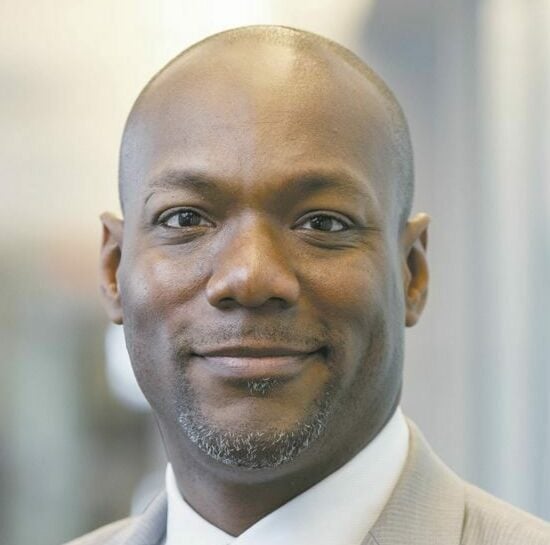As a pro-life Evangelical Christian, I have had innumerable discussions over the years regarding abortion.
My position tends not to be popular with either those who are pro-choice or with my fellow pro-lifers. Why is that the case? First, I believe that life begins at conception. (Most pro-choice folks stop listening when I make that declaration.)
Further, once life has been set in motion, the choice of whether to abort that life is most often based upon arbitrary developmental stages (e.g., once a heartbeat has been detected, how much the brain has formed, etc.). In other words, either a law or someone in authority decides that, at some point, a fetus is “too far along” to be aborted — barring some serious medical complication. Those are legal and moral decisions, not scientific ones.
In any case, I generally oppose abortion because the vast majority of such procedures are elective. The decision is most often based upon the fact that two consenting people acted irresponsibly, resulting in an unwanted pregnancy. Tragically, the fetus — who had no say in the matter — suffers the main consequence of unwise behavior. (Incidentally, this is the primary reason that I support Planned Parenthood and other providers of contraception. The best way to prevent abortions is to prevent unwanted pregnancies.)
To be sure, I do not have a moral problem with the decision to terminate a pregnancy when the life or health of the mother is at stake, when the developing child has irreparable developmental trauma, or when the pregnancy is the result of sexual assault. Many of my fellow pro-lifers would want the pregnancy to come to term even under those circumstances; we will agree to disagree.
Of course, the primary area in which many pro-lifers have a problem with my position is that I do not want abortion to be outlawed. I was in favor of the Roe decision — which I believe was bad law but good public policy. I believe that decisions regarding abortion should be an agreement among the mother, the father, the physician, and God. The government should not intrude into the most intimate areas of our lives, including reproductive decisions.
Having stated my position regarding abortion, I now turn to the pro-life community. The vast majority of us who identify with that phrase agree that, as I stated above, life begins at conception. Where we tend to differ is the extent to which we value human life after a person has been born.
I have a serious, non-rhetorical question for my fellow pro-lifers: Is there biblical evidence that we should place a higher value on the lives of the pre-born as opposed to the lives of those who survived the birth canal? In other words, is the life of a fetus more important than the life of someone who is 9 months old? How about someone who is 90 years old?
My question has implications far beyond the obvious moral ones. The fact is that the answers are inherently infused with political realities. Specifically, calling oneself “pro-life” while supporting policies that explicitly harm living people — especially children, the elderly, and the poor — is not sustainable morally. It is impossible to read Jesus’ words in Matthew 25:40-45 and conclude that not caring for “the least of these” would please Him.
Further, the Bible (e.g., in James 1:27) speaks directly to the importance of caring for widows and orphans, who represent the people (along with the disabled and social outcasts) who were most vulnerable economically during Jesus’ day. Thus, it is greatly distressing to me that so many people who have a sincere conviction to “protect the sanctity of life” frequently limit their concern to the pre-born. There is no biblical warrant for that conclusion. Indeed, it is the very opposite. That is why I argue that these people are not “pro-life;” rather, they are “pro-birth.”
Many of these Christians would argue that “charity” (as expressed via the distribution of government dollars to the less fortunate) should be left to individuals, to churches, and to nonprofit organizations as opposed to the government. This ignores the fact that poor people are most proximate to other poor people, not to those institutions and individuals who have a massive surplus of resources.
Further, most people don’t realize that the number one funder of nonprofit organizations is the government — by far. Institutional philanthropy, as robust as it is in this country, simply is not an adequate substitute for government dollars. And, of course, government dollars come from individuals.
It is not uncommon for “both sides” of major societal debates to claim that God is on “their” side. (Tragically, that includes the Civil War.) If one claims to be “pro-life” and also proclaims that “all lives matter,” by definition, one should value the people who have already been born at least as much as those lives that have yet to be born.
What would Jesus do?
Larry Smith is a community leader. Contact him at larry@leaf-llc.com.





